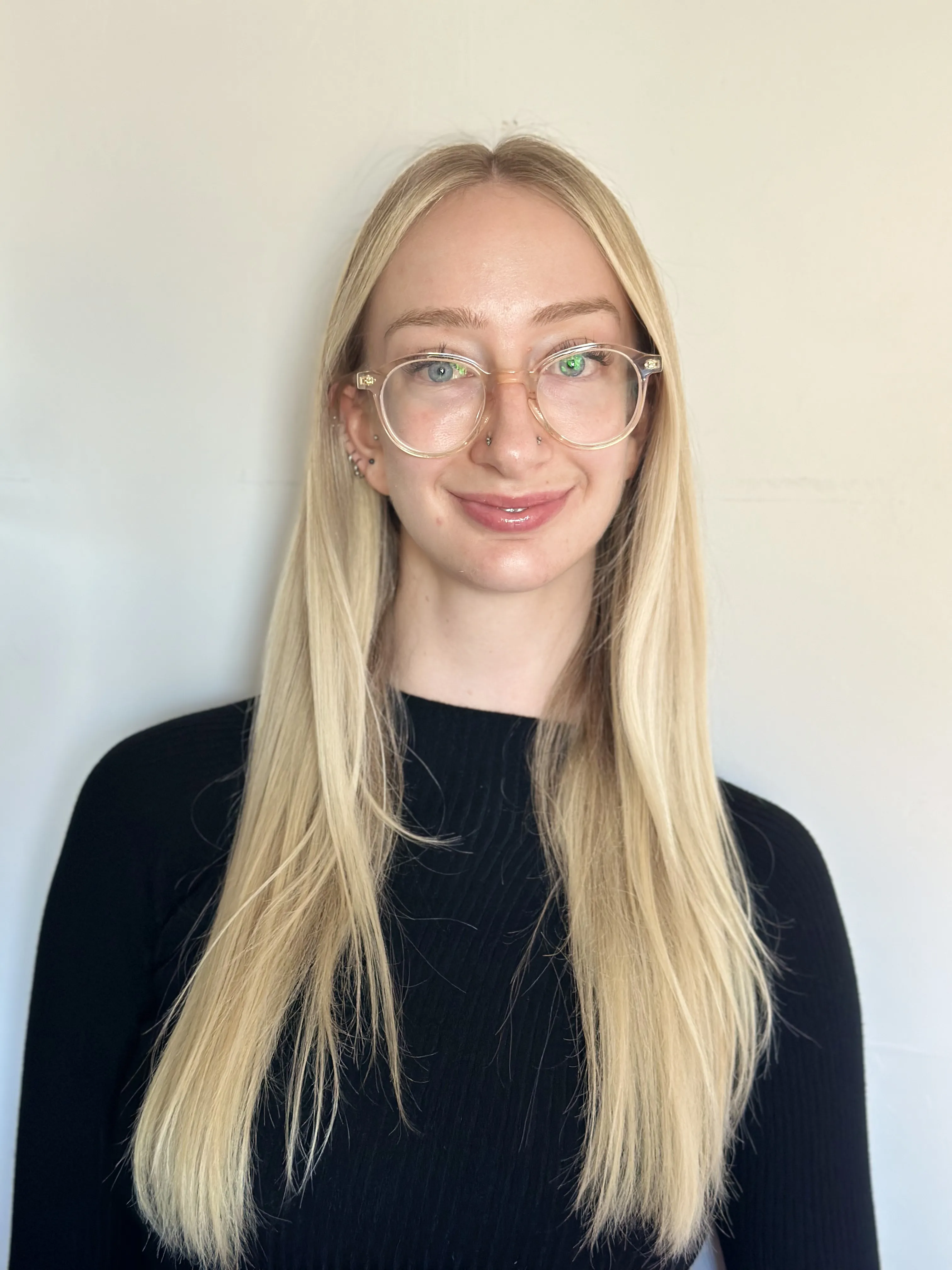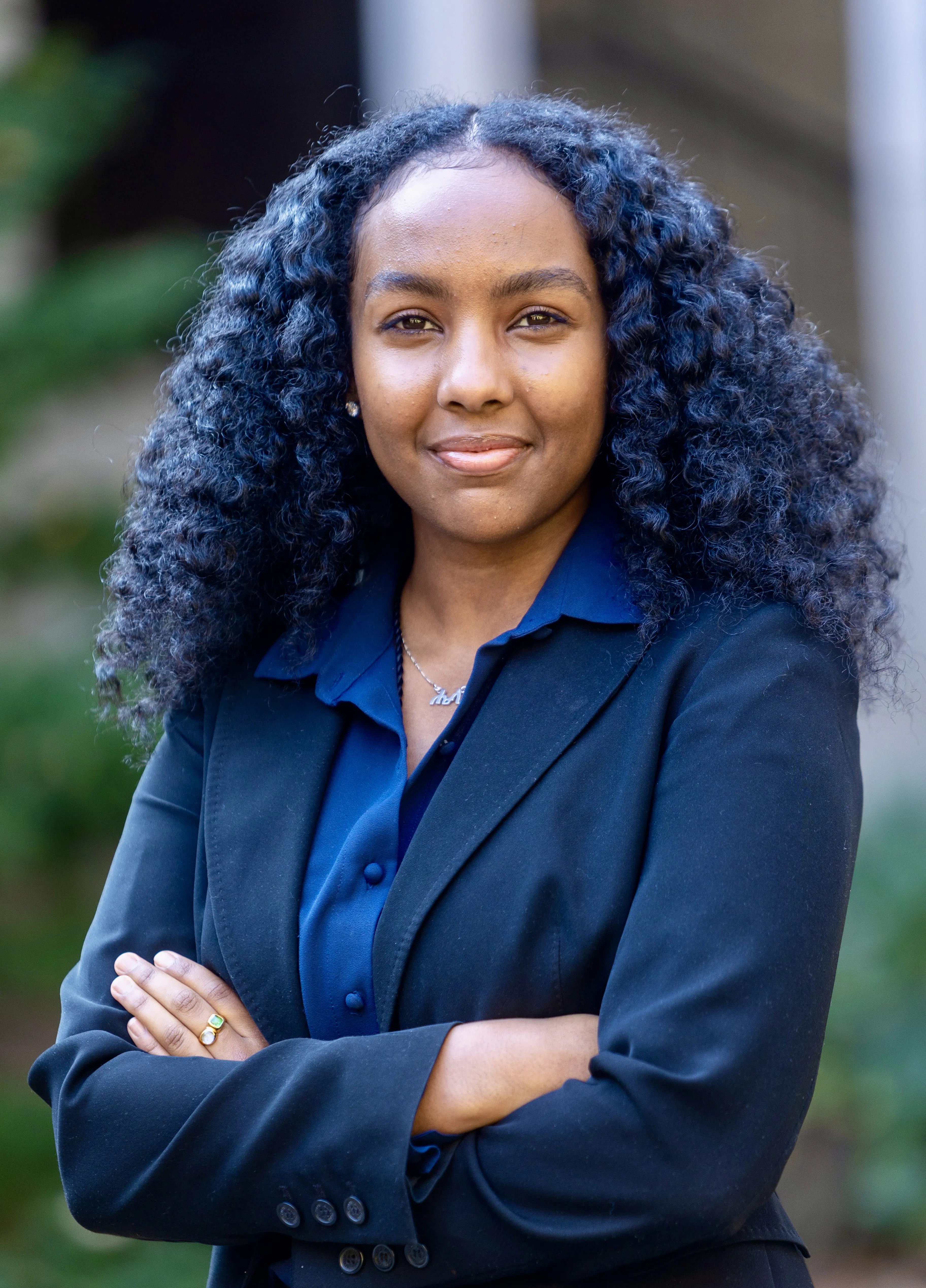Summer Experience in Chicago: Danny Jacobs, ’27, Legal Extern, US District Court for the Northern District of Illinois

Spending his summer as a legal extern in downtown Chicago’s massive federal courthouse, Danny Jacobs, ’27, has been enthralled by watching the law play out in real time in court. It’s an experience that he says every law student should seek out at least once before graduating.
How did you connect with this summer opportunity?
I found the position through the UChicago Law Summer Judicial Internship program—it was posted on Symplicity back in March.
How does your experience connect with what you currently envision doing with your law degree?
Legal research was one of my favorite aspects of my 1L year, and what I am enjoying about my work this summer is that it has been very research-driven. In addition to learning about different areas of substantive law that interest me, I’m trying to find a research process that suits me. It’s coming together slowly but surely.
Please describe a “typical” day at work.
I like to spend part of the day in court, watching the judge and the lawyers at work, and part of the day in the library writing. The federal courthouse in downtown Chicago is huge, and there’s always a lot going on there, so I try to keep up with the daily schedule there and attend any proceedings that look especially interesting.
What is something you learned or experienced that was surprising or particularly compelling during this summer position?
A teacher once told me (before I started law school) that “lawyers live and breathe procedure.” I didn’t realize how true that was until I started this job. So often in the work I’ve done this summer, the procedural posture has dictated how I’ve had to handle the facts and the substantive law. CivPro conditioned me to start every case with the question, “Who is asking the court to do what?” The path of the research and the shape of the final product both follow from that.
What are a couple of your key takeaways from the experience so far?
I think I’m most taken by the human element of the law. When you’re waist-deep in a casebook, trying to figure out the technicalities of the black-letter law and the theories that explain it, it’s easy to lose sight of the fact that one of the court’s main functions is to create the conditions for people to be decent and reasonable.
What advice would you offer another law student contemplating working in a similar position next summer?
I don’t think there’s anything more valuable at this point in my legal career than seeing people asserting their rights in a courtroom—observing the process in real time. If you get the chance to do that, take it.
How are you spending your free time this summer?
When the Reg is open, I’m often in there reading about medieval law. Lawyers lived and breathed procedure then too—just a different kind of procedure. When the Reg is closed, I’m usually at the Point, where I’ve seen many sunsets, a few sunrises, and the occasional law student.
What are you most looking forward to in returning to UChicago Law this fall?
Café D’Angelo, of course.
Is there anything else you’d like to share?
The only downside to spending the summer in Chicago is that I’m not able to visit my hometown, which has sunsets that rival the Point.


